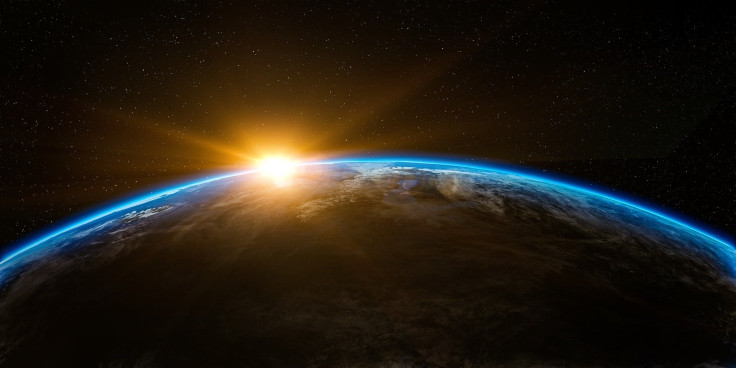UAE Scientist Among NYU Research Team That Identified New Distant Planet
An Abu Dhabi researcher participated in the new discovery of a distant planet much larger than Earth.
Jasmina Blecic, an Emirates-origin researcher at New York University Abu Dhabi, shared the details of the exciting discovery of the planet named Wasp-39b which has striking similarities with Earth. The discovery was made by a team of researchers that included Dr. Blecic, as part of the James Webb Space Telescope (JWST) international mission led by NASA, Gulf News reported.
Wasp-39b, located almost 700 light-years away from Earth, is like a giant ball of gas with an estimated temperature of about 900°C. It has a diameter almost 10 times that of Earth. It is an exoplanet, which means that it orbits a star outside our solar system, according to The National News.
"When we saw the first data, how clearly we can see the signals, we were all amazed," Dr. Blecic, a research associate in NYUAD's Centre for Astro, Particle and Planetary Physics, said in the paper.
She termed the discovery a major excitement for the whole community.
"We've seen something that we didn't see before. We didn't know whether the [James Webb Space Telescope] would be sensitive enough to see something that we couldn't see with Spitzer or Hubble," the research associate added.
"It's not just that we've seen CO2. It's also that CO2 is really important for future research on the habitable planets. This is super exciting for all the scientists involved."
Dr. Blecic revealed the discovery was made using NASA's James Webb Space Telescope, which is providing information much better compared to other major telescopes such as the Hubble and Spitzer ones.
According to NASA data, the planet displays "extreme puffiness" in its structure, but despite its diffuse nature, it manages to stay close to its star. It completes one orbital circuit in a little more than four Earth days, which means it completes one year in just four days.
"The findings are exciting for lots of reasons," said Brad Gibson, director of the EA Milne Centre for Astrophysics at the University of Hull in the UK. "It's the first time that we've actually detected CO2 outside of our own solar system. It's the first of what will be many, many detections in the coming years. It's a big planet, it's almost certainly not going to have life," he added.
"We are very excited about this new planet analysis and what it will reveal to us, as this will be the first time that we will have observed a full planet orbit with JWST," Dr. Blecic said.

© Copyright 2023 IBTimes AE. All rights reserved.





















